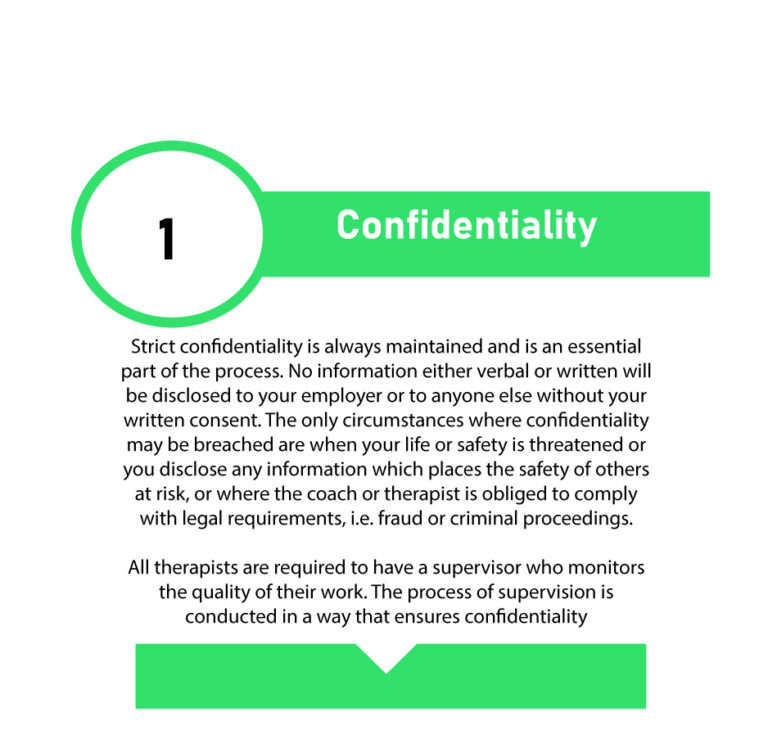Information for Clients
WHAT TO EXPECT WHEN YOU BEGIN YOUR FIRST ONLINE THERAPY SESSION
When you begin your sessions for the first time you may be unsure what to expect. The information in this guide answers the most frequently asked questions. We hope that you will find it helpful.
When you first meet your coach or therapist, he or she will listen carefully to the difficulties you are experiencing, and discuss ways with you of coping with the problem. Your session will involve talking about the problem. It will not involve physical contact of any kind.
Your coach or therapist is a highly qualified and experienced practitioner and is a member of a professional organisation that has a strict code of ethics. The work you do together will be about helping you to find the right solutions for you, rather than telling you what to do. The coach or therapist will also support you, when necessary, in obtaining specialised or long-term support if he or she deem it appropriate.
Subjects in which Therapy is not advised
Trauma
For some time now the psychotherapy world has acknowledged that certain types of therapy may not be the correct approach to clients who have been in, witnessed or in some way have been affected by a ‘traumatic event’.
Early stages of bereavement
The first few weeks of bereavement can be very difficult and confusing, often filling people with an unfamiliar mixture of feelings and emotions. Many people do not know how to handle this or can feel scared or ashamed that they are feeling ‘nothing’. One of the most common early reactions being denial, which is why therapy in the early stages of bereavement might not be helpful.
Victim, Defendant, Witness in court case
The law is clear that where a person is due to appear in court to give evidence, as a victim, defendant or witness they should not attend psychotherapy to discuss their experiences or to be seen to rehearse their evidence. This could be interpreted as ‘coaching’ a witness or ‘altering’ a person’s recollection of events.




